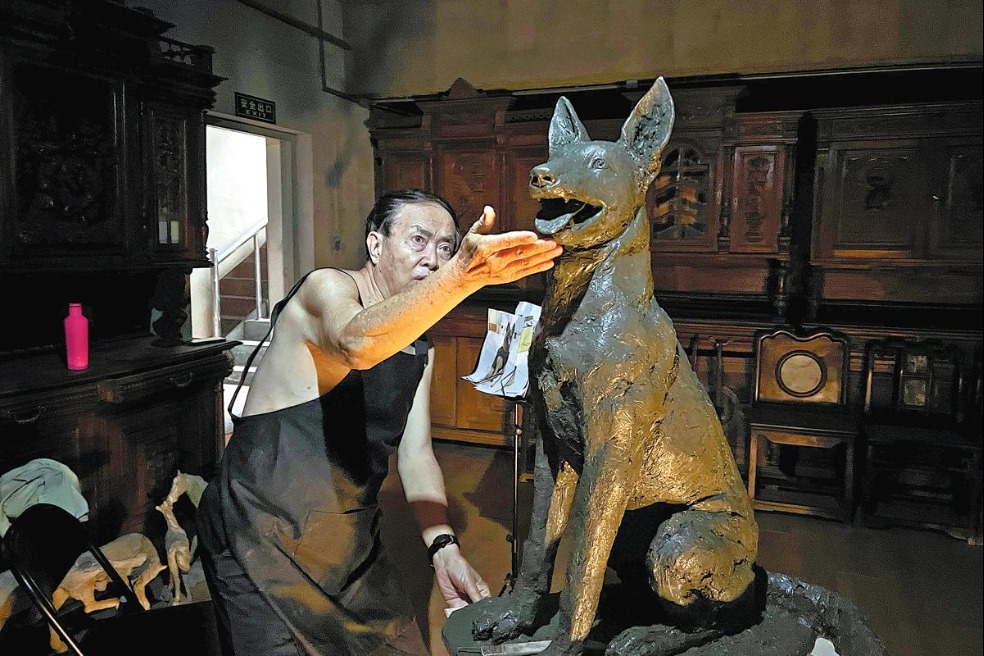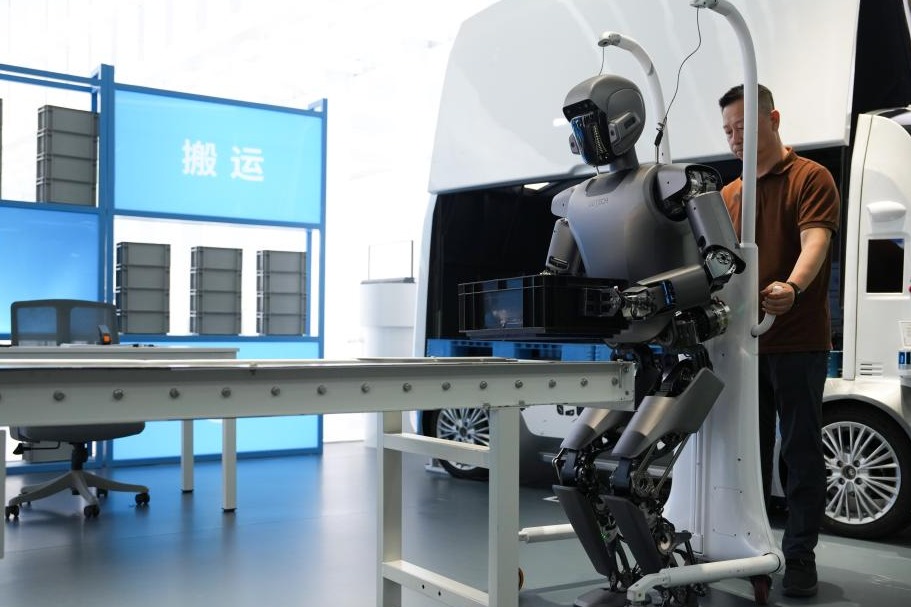Subjective identity is only half the story

Lau Nai-keung points out that the concept of a unique HK society based on a late-colonial 'golden age' cannot be formed without considering the mainland's role
There have been a lot of discussions on Hongkongers' identity. The more we discuss these subjective experiences, the more we are misled into thinking that they are the determining factors of Hong Kong's current political predicament. However, subjectivities - how Honkongers feel and who they think they are - are only half of the picture, and we need more than that to fully understand where we are and why.
The recent focus on identity politics is not an isolated phenomenon. Together with post-modern theories and other latest scholarly gimmicks, it is part of the process of a long march away from attempts to understand societies as a whole and in the macro level. In so many ways this march originated as a response to the "totalizing" Marxist theories, and just as the Cold War may have never ended, this ideological-academic march against Marxism is still going strong.

For us to better understand the Hong Kong society - or any other society - a little bit of dialectics may be in order.
Tucked away toward the end of the late French sociologist Pierre Bourdieu's masterpiece Pascalian Meditations are four startling pages, under the heading "the twofold truth of labor", where he demonstrated how we must join subjectivity and objectivity in a dialectical unity to produce genuine knowledge.
In those pages, Bourdieu explained capitalist exploitation as follows (in Michael Burawoy's paraphrases for easier understanding): "In constituting the object of knowledge, that is the notion of wage labor, Marx breaks with the subjective (lived) experience of workers that they are paid for a full day's work, for eight hours in an eight-hour day. In reality, workers are exploited and only receive wages that are equivalent to a portion of the working day, say five hours, leaving three hours as surplus labor, which is the basis of profit. So far this is straightforward Marx. But, says Bourdieu, it is not enough to make this first break - first reversal - with lived experience to produce the objective truth of exploitation; it is further necessary for theory to make a second break, a second reversal, this time against the 'objective truth' to reincorporate the 'subjective truth', the lived experience of workers. It is one thing to discover the objective truth of labor, i.e. exploitation, it is another to show how exploitation is sustained by workers themselves."
Note what Bourdieu wrote above is not applicable only to the analysis of surplus labor, it also contains the general methodology of the dialectical interaction between the subjective and the objective.
Just as it is shallow to only ask workers about their subjective experiences - whether or not they are happy or feel themselves being exploited - it is also pointless to ask Hongkongers only about who they identify themselves to be.
What is the objective reality that we must dialectically unite Hongkongers' subjective reality with? Coloniality and post-coloniality.
Imagine ourselves traveling back in time to the early 1980s. It was a time when we were talking about "the future of Hong Kong". Hong Kong back then was a "miracle" in every sense of the word. People were getting rich rapidly, especially when compared to the Chinese mainland. We were reasonably patriotic, although the mainland was very poor and was in constant political turmoil. The British treasured the city; the mainland saw it as a model of modernization.
Looking back, that period seemed to be perfect and ideal. Everyone was happy, and there was no fundamental conflict of interests. We almost have to wonder if colonialism is so great, why shouldn't we have more of it?
Behind this ideal period of the 1980s was something less appealing. The narrative conveniently neglects that Hong Kong as a colony was never about the city alone - just as it was used to facilitate the smuggling of opium into southern China in most of the latter half of the 19th century, its prosperity in China's process of opening-up is not without the blood and sweat of our mainland cousins.
But no one has questioned the grand narrative, and this seemingly ideal period has forever been frozen since, both institutionally by the Basic Law, and psychologically and ideologically by the emerging "Hong Kong identity".
Taking all these things into account, it is quite pointless to ask Hongkongers whether or not they prefer the old days. The more relevant question would be: Why do we deserve what we had.
(HK Edition 11/28/2017 page8)






























